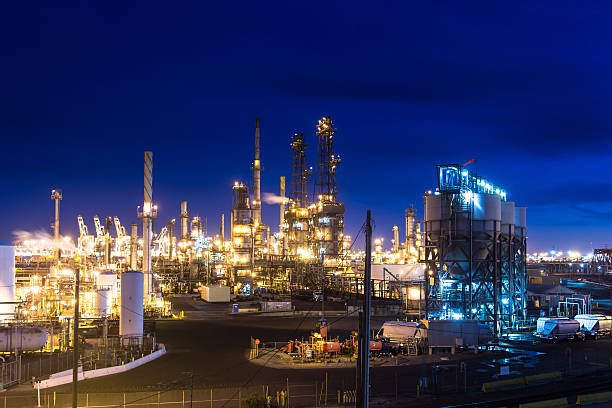Over the past three years, a noteworthy trend has emerged in the global business landscape: Middle Eastern corporations are increasingly acquiring major European companies. This wave of acquisitions reflects a strategic push by Gulf nations to diversify their economies beyond oil dependency and establish a robust presence in key international markets.
One of the most prominent players in this acquisition spree is the Qatar Investment Authority (QIA), the sovereign wealth fund of Qatar. In 2021, QIA acquired a significant stake in Siemens Energy, a German multinational specializing in energy technology. The transaction, valued at approximately $2 billion, underscored Qatar’s ambition to invest in sustainable and renewable energy sectors.
Saudi Arabia’s Public Investment Fund (PIF), another influential sovereign wealth fund, has also made strategic moves in Europe. In 2022, PIF acquired a 17% stake in Aston Martin Lagonda, the iconic British luxury carmaker, for an estimated $950 million. This deal aimed to strengthen Saudi Arabia’s foothold in the automotive and luxury sectors while aligning with the Kingdom’s Vision 2030 goals.
Meanwhile, the Abu Dhabi Investment Authority (ADIA) has been actively targeting European infrastructure and real estate assets. One of its notable transactions includes the acquisition of a 40% stake in Merlin Entertainments, a British company renowned for operating global attractions such as Legoland and Madame Tussauds. This 2021 deal, valued at approximately $4 billion, reflects ADIA’s interest in stable, high-yield investments within the entertainment and tourism sectors.
The surge in acquisitions by Middle Eastern entities is driven by a combination of factors. Diversification is a primary motive, as oil-rich nations seek to reduce their dependence on hydrocarbon revenues. Sovereign wealth funds, armed with substantial financial resources, are leading the charge by identifying lucrative investment opportunities in Europe’s mature markets.
Moreover, these acquisitions align with broader national strategies, such as Saudi Arabia’s Vision 2030 and Qatar’s National Vision 2030, which emphasize economic diversification and the development of non-oil industries. By acquiring European companies, Middle Eastern nations gain access to advanced technologies, established brands, and global distribution networks, accelerating their domestic economic transformation.
Middle Eastern investors are targeting specific sectors that align with their strategic priorities:
- Energy and Sustainability: With the global transition towards renewable energy, entities like QIA and PIF are investing in green technologies. For instance, QIA’s stake in Siemens Energy positions Qatar to benefit from advancements in hydrogen energy and carbon capture technologies.
- Luxury and Lifestyle: Acquisitions in the luxury sector, such as PIF’s investment in Aston Martin, reflect a broader strategy to enhance the region’s appeal as a global hub for high-end goods and services.
- Infrastructure and Real Estate: ADIA’s focus on infrastructure and real estate investments provides stable, long-term returns while supporting the region’s burgeoning tourism and entertainment sectors.
- Healthcare and Technology: In 2023, Mubadala Investment Company, based in Abu Dhabi, acquired a 25% stake in Medtronic’s Renal Care Solutions business for $1.5 billion. This deal highlights the growing interest in healthcare and medical technologies as the Gulf region seeks to enhance its healthcare capabilities.
The influx of Middle Eastern capital into Europe has significant economic implications. For European companies, these investments provide much-needed liquidity and open doors to new markets in the Gulf region. Additionally, the partnerships foster knowledge exchange and innovation, benefiting both parties.
For Middle Eastern nations, these acquisitions represent a strategic avenue to diversify revenue streams and mitigate risks associated with volatile oil prices. By securing stakes in established European companies, Gulf states are not only enhancing their global economic clout but also ensuring long-term financial
The trend of Middle Eastern corporations acquiring European companies shows no signs of slowing down. With Gulf nations continuing to amass substantial financial reserves through oil revenues, their sovereign wealth funds are well-positioned to pursue further acquisitions.
Analysts predict that the healthcare, renewable energy, and technology sectors will remain focal points for Middle Eastern investors in the coming years. Additionally, as Europe grapples with economic uncertainties, including rising interest rates and inflation, the influx of Middle Eastern capital could serve as a stabilizing force in key industries.

